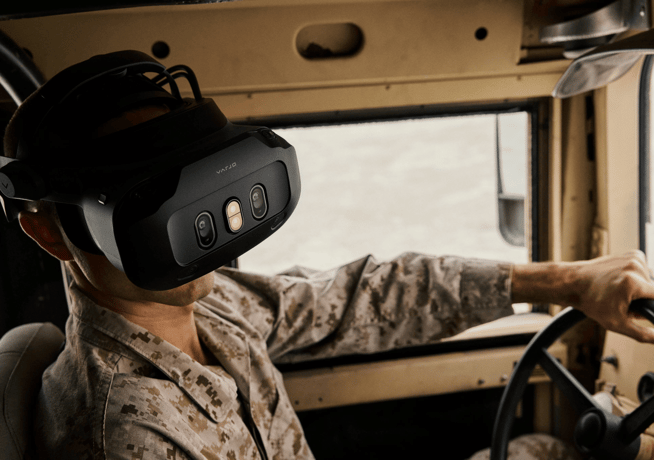The integration of Varjo and the Autodesk VRED software packs a powerful punch for Kia. But in the midst of a global pandemic, the ability to collaborate remotely and reliably with teams across the globe has never been more crucial. Guillaume and his team can be in the same virtual room with the design management team and look at and discuss the same car model in perfect detail. “That’s only possible if we trust what we’re seeing and the tools we’re using. It amazes me that something so complicated is working so naturally and easily,” he says.
When COVID-19 prevented most business travel, Kia Europe turned to Varjo’s VR/XR and Autodesk VRED’s virtual collaboration feature to continue working with the other global studios. Designers can collaborate on the same photorealistic models from wherever they’re based around the world, trusting that everything from the smallest details to the full-scale appearance of the car looks correct.




.jpg?height=460&name=_w5a3107%20(1).jpg)

